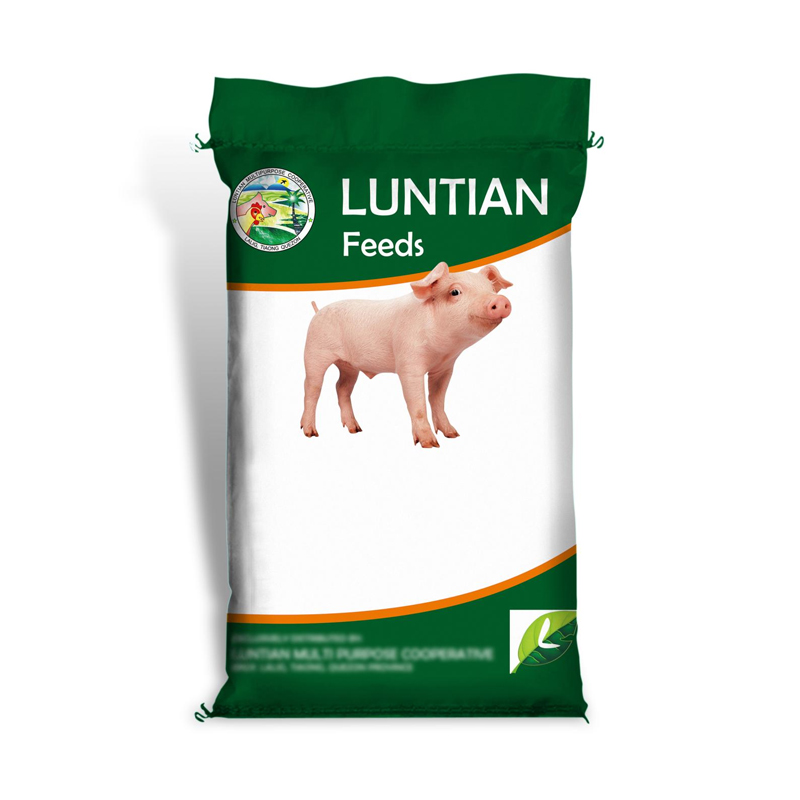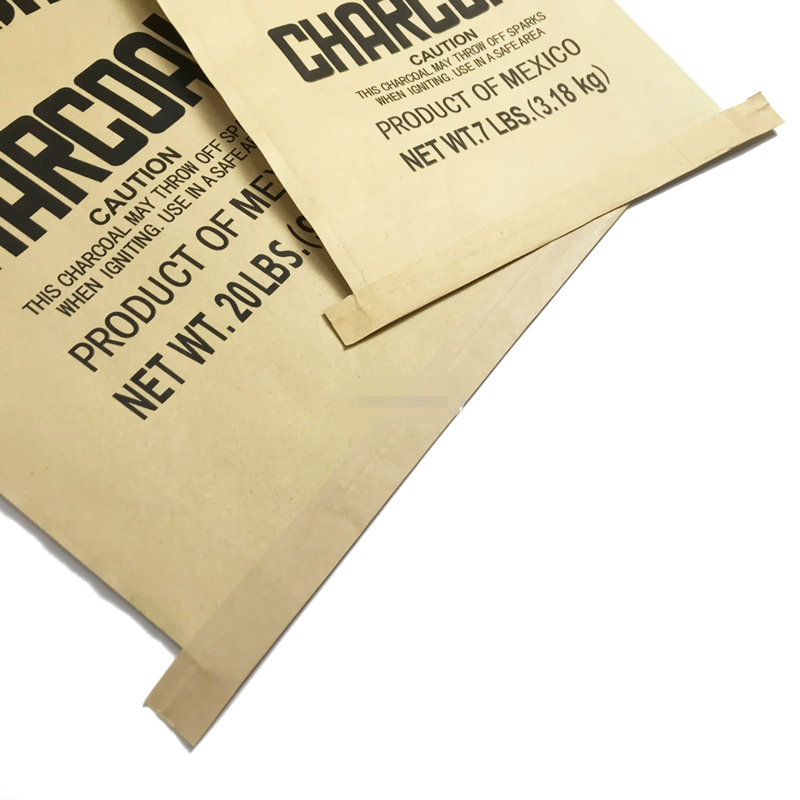If you live in New Jersey, it is almost a guarantee that you have a reusable grocery bag at home or in your car.
The odds are also high that the bag is filled with several more. Woven Shoulder Bag

The growing stockpiles of reusable shopping bags are noteworthy, said JoAnn Gemenden, executive director of the NJ Clean Communities Council. Some who continue to grocery shop online are getting new reusable plastic grocery bags with each order. The chances some end up in the trash are high.
A report released this month by Freedonia Custom Research on New Jersey's bag ban found that "on average, an alternative bag is reused only two to three times before being discarded."
To keep the bags out of the waste stream, members of the Clean Communities Council and the state Food Council have created an online hub for reusable bag donation. Set to be formally unveiled later this month, the hub found at litterfreenj.org includes information on collection events and drop-off locations for reusable bags. That includes about 300 drop-off spots offered by the Community FoodBank of New Jersey and its partners, where the bags are in high demand.
"We still need the bags, and we're always going to need them," said Nicole Williams, a spokesperson for the Community FoodBank of New Jersey. "The food pantries, kitchens, shelters, child and senior feeding programs and all of the different organizations we work with to provide food, they need bags to distribute food."
Story continues below map of where to drop off reusable grocery bags.
The environmental impact of the single-use plastic bags is undoubtably bad. After hauling items home, the bags once ubiquitous at New Jersey grocery stores generally ended up in the trash and landfills where they are meant to break down into microplastics. Those that avoided landfills may have harmed wildlife or otherwise marred the environment as plastic tumbleweeds.
Provided to cut back on waste, reusable bags come with their own set of environmental considerations. Studies in recent years have found the carbon footprint of single-use plastic bags is much lower than reusable bags that aren't reused enough.
A cotton bag needs to be used between 50 and 150 times to have a lower climate change impact than a single-use plastic bag, according to the United Nations Environment Programme’s 2020 report on single-use plastic bags and their alternatives. When accounting for its total environmental footprint, some researchers have claimed a cotton bag potentially has to be used more than 1,000 times to break even with a single-use plastic bag.
Nonwoven polypropylene (PP) bags, the rough gauze-type bags, require 10 to 20 uses, according to the report. A slimmer reusable polyethylene (PE) bag needs 5 to 10 uses, though all these bags can theoretically be cleaned and reused for a lifetime as long as they remain undamaged.
The Freedonia report found that while the state ban has reduced bag volume in the state by more than 60% to 894 million bags, the switch to more durable bags has not done the environment too many favors.
"This shift in material resulted in a notable environmental impact, with the increased consumption of polypropylene bags contributing to a 500% increase in greenhouse gas (GHG) emissions compared to non-woven polypropylene bag production in 2015," according to a company statement. "Notably, non-woven polypropylene, NWPP, the dominant alternative bag material, consumes over 15 times more plastic and generates more than five times the amount of GHG emissions during production per bag than polyethylene plastic bags."
The state's ban on the use of single-use plastic bags, which also prevented supermarkets from reverting to paper bags, has come with growing pains. Most notoriously, grocery store customers started taking plastic hand baskets home after arriving at supermarkets bagless.
Still, according to a Monmouth University poll conducted in August 2023, the habits of New Jersey consumers have shifted. Roughly nine in 10 residents said they were aware of the ban, and a similar percentage said they were now bringing their own bags to the store. In April 2022, a month before the ban went into effect, a university poll found just 38% of respondents brought their own bags to shop.
Managing the growing number of reusable bags is another hurdle, Gemenden said. Officials from area grocery stores, including Whole Foods Market, said they have no intention to stop selling bags to customers. The Freedonia report said a typical store can earn $200,000 in profit per year off of reusable bags.
To cull the growing number of bags, municipalit,es in New Jersey are starting to get involved in recycling and repurposing efforts. Some as of this year are allowing residents to drop bags off at their recycling centers or public works depots. Other local government agencies are hosting collection drives, which can be funded through Clean Communities grants.
The reusable bag donation project led by the state councils has been partnering with ACME supermarkets, where store receipts feature a QR code connected to the online hub. Gemenden said more stores should soon join the effort to help redistribute bags rather than allow them to end up in the waste stream.
"We don't want to recycle these bags, we want to reuse them," she said.
The need is there. Most respondents in the summer poll said they accumulated at least 10 reusable shopping bags in the previous year. Roughly one in six New Jerseyans polled said they had more than 50.
Most of the respondents, about 62%, said they keep the bags. About 20% recycle bags. Roughly 7% have thrown at least some away. However, the higher the number of bags in a stockpile, the more likely it is that some end up in the trash. About 35% of respondents who amassed more than 25 bags said they recycled some, while 15% said they had thrown one or more away.
You might want to wash your hands after holding your reusable bag — because it could be covered in fecal bacteria. Quest Diagnostics in Albuquerque swabbed reusable bags and discovered enteric bacteria (which is often found in human feces) on most of them.
A decade-old study from scientists at the University of Arizona and Loma Linda University found only 3% of shoppers with multi-use bags said they regularly washed them. The same study found bacteria in 99% of bags tested; 50% carried coliform bacteria while 8% carried E. coli, an indicator of fecal contamination.
"I classify them as pretty dirty things, like the bottom of your shoes," said Ryan Sinclair of the Loma Linda University School of Public Health, a co-author of the study.
The New York Department of Health recently posted a notice for consumers on its website about reusable grocery bags, which it said are a smart choice, "but there could be some risk." The New York website said "when you carry food or other items in these bags, they may leave behind germs like E. coli or Salmonella. If the bags are not properly washed and dried before they are used again, these germs remain and can make you sick."
New York health officials issued the following advice if using reusable bags:

Weaved Bag The New York Department of Health makes the following recommendations: